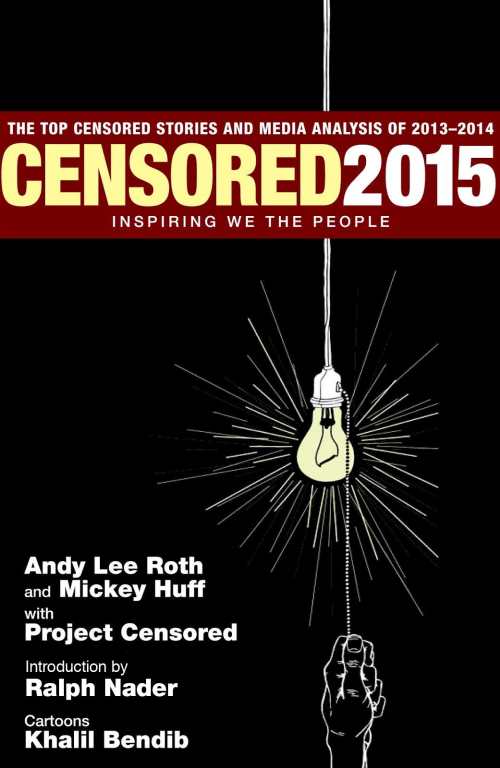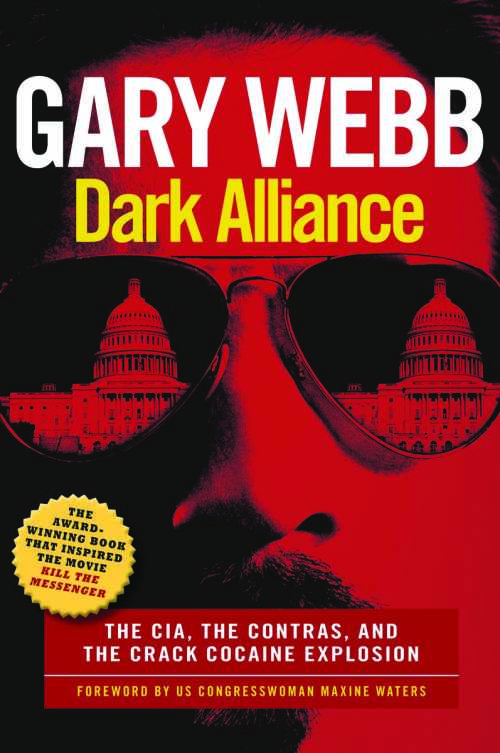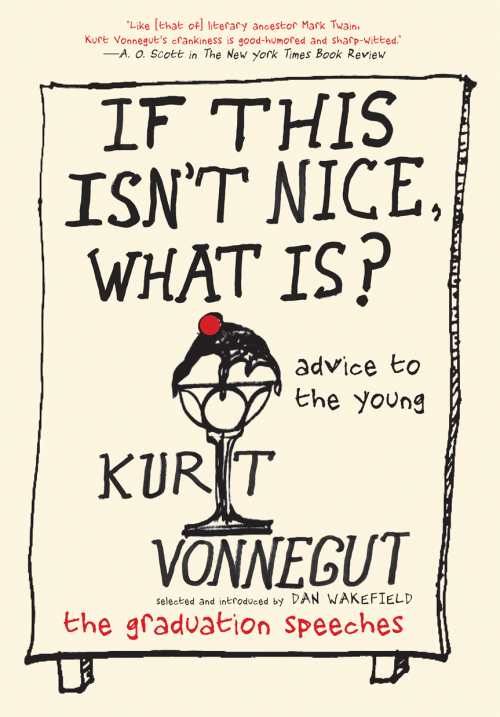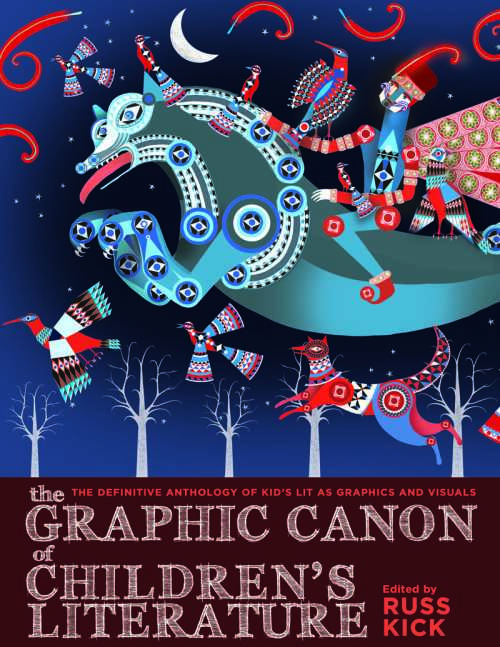An Uncensored Press: Indie Journalism Alive and Well at Seven Stories

As a lifelong First Amendment fan, they had me at “censored.”


The very title of a nonprofit group’s annual compilation, Project: Censored—aka “news that didn’t make the news”—seems to symbolize the spirit and intent of its publisher, New York indie Seven Stories Press.
“It’s a good example of what we do, something that would otherwise be marginalized,” said Publisher Dan Simon. “We have the ability to shoehorn something into the market that might be provocative, and get it more into the mainstream.”
There’s a lot to like in the Seven Stories catalog. Launched by Simon in 1995, the company began with the support and commitment of seven authors (hence the name) including the estate of Nelson Algren. The emphasis was and remains books about human rights, politics, and social justice addressed by literary talents and the kind of journalism near and dear to this writer’s heart. (I duly and proudly disclose that their list includes The Walrus & the Elephants: John Lennon’s Years of Revolution, a rockin’ tale of free-speech challenges and government cover-ups featuring a former Beatle.)
Seven Stories releases forty to fifty titles per year, work that not only should be, but truly needs to be, published: Project Censored, edited by a student-driven watchdog group of the same name; the UN’s annual Human Rights Watch World Report; and exposés by Pulitzer Prize-winning journalists including Gary Webb’s Dark Alliance: The CIA, the Contras, and the Crack Cocaine Explosion, the basis of the film Kill the Messenger.
Home for Investigative Reporting
Books like that represent what may be a fading art form, at least in terms of conventional newspaper or magazine forums. Small and midsize publishing houses, Simon said, have remained a steady outlet for long-form, investigative reporting that—in spite of the explosion of available media—often struggles to find a home.
“Part of the role that used to be filled by alternative media is now being filled on the Internet by noise,” Simon said. Rather than greater diversity in news coverage, mass media and online outlets are more prone to “endlessly recycling” the same flavor-of-the-month stories told in abbreviated format.
Yet, through the years, the need and audience for what Seven Stories delivers remained a constant, and Simon believes there will always be room for such work.
“There’s still a bedrock of alternative and political media that will get things out there,” Simon said. “I haven’t seen that change.”

While a majority of their list features lesser-known or emerging voices, Simon has brought prominent names to the fold, including no less than three titles by Kurt Vonnegut, the most recent being If This Isn’t Nice What Is? Advice to the Young, a must-read collection of the late master’s graduation speeches. A-list authors published by Seven Stories include Ralph Nader, Angela Davis, and Howard Zinn, diverse voices with a common denominator of cage-rattling for a cause.
“Angela was a political prisoner in the early 1970s, and I’m grateful she’s still part of our world and the conversation,” Simon said. “She’s so smart and such a great writer. Ralph Nader, similarly, is a great American and among our best-selling authors. Those two can publish anywhere, but we have just enough to offer that they’re comfortable with us.”
Simon admits to being in a better situation than many indies, “Partly because we’re based in New York City and we’ve been around a long time,” he said. “Many of us have worked at the big houses before or in New York media. We know how the game works.”
New Crises Create New Traditions
It’s a game where the rules keep changing, and keeping pace with the times may be the primary ongoing challenge. Publishing is clearly a different industry then when Seven Stories joined the field, and Simon said that books by rising new writers which might have sold 5,000 copies back in the 1990s might sell 1,500 today, at least in conventional print form.
“That’s the crisis right now, an important crisis,” Simon said. “But at the same time there are good developments that basically mean the business of book publishing is fairly robust right now. The financial crisis has passed, and books that sell a lot sell even more.”
A refreshing outlook to hear for publishing in general, separate from the doom-and-gloom that has clouded journalism as a business and news as an industry in recent years. Seven Stories carries the indie spirit with, at times, the clout of a larger house, including a distribution arrangement with Random House that provides a best-of-both-worlds relationship.
“It’s a perfect marriage,” Simon said. “They have no involvement editorially, and they’re a great believer in books as a business and a culture.”

This leaves the company, he said, “Free to take chances editorially and concentrate on signing books and getting them right.” Among its most ambitious efforts in recent years was a combination of old-school classics and cutting-edge art in the widely-acclaimed, three-volume Graphic Canon series featuring graphic-novel renditions of timeless literature. This spring’s list includes a fourth volume, The Graphic Canon of Children’s Literature, which will likely join its predecessors as a perennial in the Seven Stories library.
“The idea is to be an enduring place with an institutional character, that’s always been what I believed in,” Simon said. “It’s never going to be for sale: It might get smaller or bigger, but it’s built to last. Just like books last forever.”

James A. Mitchell is a veteran reporter and author of four books, including The Walrus & the Elephants: John Lennon’s Years of Revolution and But For the Grace: Profiles in Peace From a Nation at War. You can follow him on Twitter @jamesamitchell3.
James A. Mitchell
